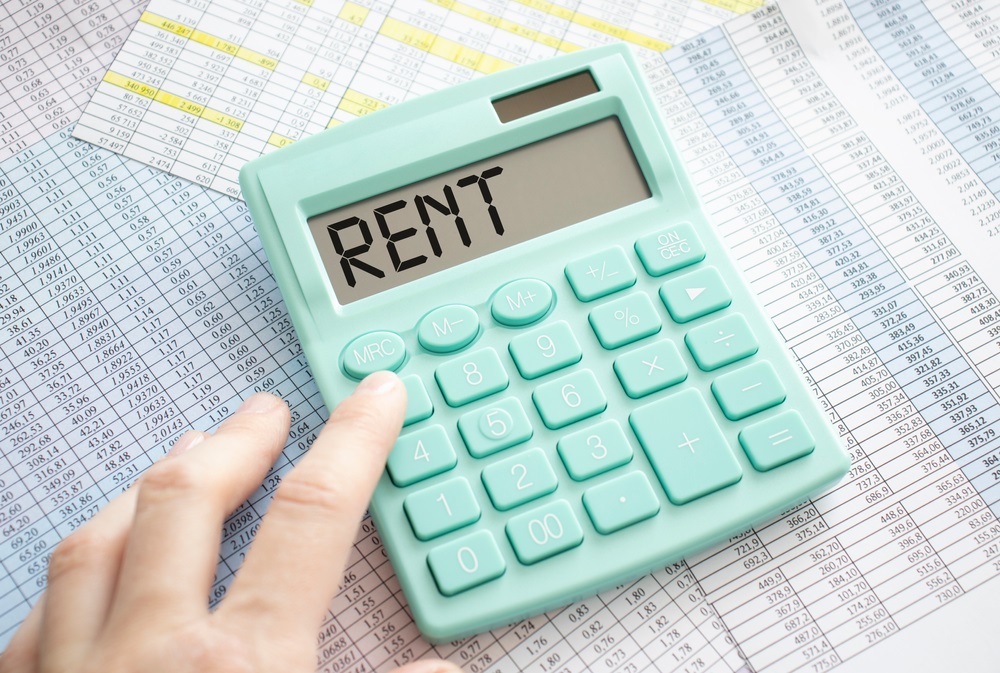More than half of tenants have seen their rents rise since the Renters’ Rights Bill was announced in September last year, a new study has revealed.
Average rents have increased by £58 per month since the bill was introduced to parliament, according to the research by Go.Compare home insurance.
The bill aims to improve conditions for tenants in the private rented sector in England and includes the end of Section 21 ‘no-fault’ evictions. It will also enable tenants to challenge above-market rent rises.
However, the bill is currently undergoing the various stages of parliamentary scrutiny required to make it a law. The bill is expected to receive the Royal Assent – the final stage of the process – in late 2025 and become law in early 2026.
Yet, the new research suggests some landlords have imposed rent increases before these rules have been fully legislated.
Indeed, since the bill was announced in parliament in September last year, 53% of tenants have reported rent rises compared to 38% in the months before this in 2024. Back in the same period in 2023, just a third of tenants experienced rent hikes, according to Go.Compare.
Based on its survey results, Go.Compare estimated 2.5 million households have faced a rent increase since the bill was announced in September 2024 paying the equivalent of £58 on average more per month.
Those in smaller properties have been hit hardest by this, the insurance comparison site said.
Rents for one-bedroom homes have risen by 4.8% since September 2024, the highest of any property size, equal to £52 per month.
Larger homes have had the smallest proportional rises, with rent increasing by an average of 3.7% for properties with four bedrooms or more.
Similarly, flats and maisonettes have seen the steepest monthly rent hikes of any property type, rising by 4.7% on average, equal to around £62 more per month.
Detached properties recorded the lowest increases at 3.6% (£54 more per month). This reaffirms that those in smaller homes are experiencing the largest rises, despite likely having fewer or no people to split the cost with.
Go.Compare also noted a slight uplift in ‘accelerated possession orders’ since September, which are issued to tenants who haven’t left by the date specified on their Section 21 notice.
Although the number of Section 21 notices issued has remained stable, the orders rose by 1% compared to the same period in the year prior, and repossessions by bailiffs increased by 10%. This indicates more renters could be attempting to challenge no-fault evictions.
Nathan Blackler, home insurance expert at Go.Compare, said: “These latest figures indicate that the Renters’ Rights Bill could have had an unwanted side effect on tenants, more of whom seem to be dealing with rent rises since the announcement. Renters should be aware that costs could increase ahead of the bill taking effect.
“If you do experience a rent rise, remember that your landlord must follow certain rules before doing so, like those outlined in your contract, and you can challenge the rise if these haven’t been adhered to.
“Similarly, a Section 21 notice can be appealed if not served correctly. Consider contacting Citizens Advice to explore your options if this happens to you.
“If you’re evicted, you’ll need to let your insurer know that your address has changed. It can also be worth comparing policies if your rent goes up to help alleviate the extra expenses from the rise, as you might find the same level of protection for a lower price.”
More details about dealing with rent increases and evictions can be found on Go.Compare’s website.














